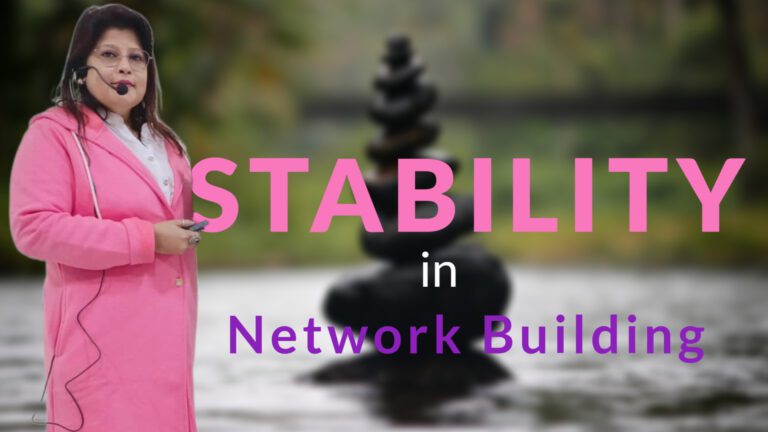One of the most pressing questions in network marketing or MLM is: Should I focus on retailing or building a network?
Here’s a breakdown of the two paths:
Building a Network means creating a group of registered users who consume products regularly. Your income is earned through bonuses, commissions, or royalties rather than relying solely on retail profits.
Retailing involves selling products directly to customers at market price, allowing you to earn the profit margin between the market price (MRP) and distributor price (DP).
Most companies combine both approaches, though some rely on one more than the other. Your decision depends on your goals and the connections you currently have. Here are three ways to assess which path might be right for you.
DEMAND VS SUPPLY
Creating demand is one of the hardest things in business.
Once demand is established, supply naturally follows—even if you’re no longer the source. This is where retailing has both power and risk.
✅ The Power of Retail: By retailing, you maintain control over sales and earn direct profits from each transaction. Retail is a great way to generate immediate cash flow.
⚠️ The Risk: Once customers become familiar with the product, they may look for ways to buy at a lower cost—possibly signing up as members under someone else or seeking competing sources.
👉 Retail sales give quick profits, but they don’t guarantee long-term customer retention unless you position yourself as their go-to advisor.
THE DIGITAL CONSUMER
Since COVID-19, consumers have rapidly adapted to digital platforms. The MLM industry has followed suit, with many companies rolling out digital tools to compete with e-commerce.
📌 Why Retail is Important in the Digital Age:
- Retailing helps new distributors generate initial income and validate product demand.
- Digital retailing (via social media, WhatsApp groups, or personal websites) can build product trust without requiring customers to commit to a membership immediately.
- A strong follow-up system can turn retail buyers into long-term members.
However, digital tools alone won’t build a network. While online retailing may bring in first-time customers, network-building requires nurturing relationships and trust.
👉 Retail can be a great way to attract attention, but to build a strong MLM business, you need to think beyond one-time sales.ne cannot expedite. Online retailing helps create affinity but isn’t an instant path to a passive income.
PASSIVE NETWORK INCOME
Retail has a ceiling when it comes to income potential. If you’re seeking substantial, passive income, network-building is key.
There are generally 3 kinds of direct sales:
Retailing has a natural ceiling—your income is tied to your personal sales. If you stop selling, your income stops too.
📌 Understanding Direct Sales Models:
- D2C (Direct to Consumer): Selling directly to customers without an intermediary (like boAt, Bombay Shaving, etc.).
- SLM (Single-Level Marketing): Distributors earn from personal sales only, without incentives for building a team.
- MLM (Multi-Level Marketing): Residual income is earned across multiple levels, making network-building the key to financial freedom.
✅ Retail income = Short-term gains. ✅ Network income = Long-term passive income potential.
👉 If financial independence is your goal, retail should be your starting point, but building a network should be your ultimate destination.
So, Which One Works Better?
Retailing is a great way to kickstart your MLM journey, especially if you’re working with limited resources or just Both retailing and network-building have their place in MLM success.
- If you’re just starting out or need quick cash flow, retailing is a great way to get going.
- However, if you want financial freedom, retailing should only be a stepping stone. The ultimate goal is to convert retail customers into team members and eventually into leaders.
Your Next Step
- Assess your strengths: Do you prefer one-on-one sales, or do you enjoy mentoring people?
- Use retail to build trust: Offer customers product value before pitching the business opportunity.
- Think long-term: Once you have loyal buyers, show them the benefits of joining your network.
👉 A distributor who starts with retailing but transitions into network-building is positioning themselves for both stability and growth.
💬 What’s your current focus—retail or network-building? Share your thoughts in the comments!




Very nice